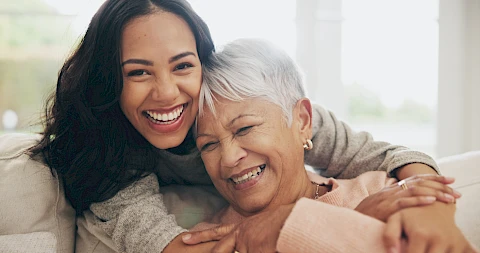
Social wellness strongly influences how older adults experience everyday life. It shapes mental focus, emotional steadiness, and engagement in regular activities. Changes in routine or living circumstances can interrupt these connections, making support systems especially useful during transitional periods.
Life Transitions
Life transitions are a natural part of aging. Common changes include retirement, relocation, or the loss of a spouse. These transitions, while expected, can have profound emotional and social effects. Retirement may create a void where daily interactions with colleagues once existed. Relocating often means leaving behind familiar environments and community ties. The loss of a spouse can be especially challenging, altering daily routines and emotional support systems. Understanding these impacts is the first step in addressing them.
The Importance of Social Wellness
Social wellness refers to the relationships and connections we maintain with others. It plays a crucial role in a senior's life. Maintaining these connections can lead to improved mental and physical health. Seniors who engage socially often experience lower rates of depression and anxiety. Physical health can also benefit, as social activities encourage movement and reduce the risk of isolation-related health problems. Overall, social wellness is key to a happier and healthier life.
Adapting Social Habits
It's natural for social habits to change along with life circumstances. What worked socially during a career might not fit after retirement. Being open and flexible to new social opportunities can help one adapt. Seniors should be encouraged to explore different ways to engage socially, such as joining a new club or trying out local community activities. This flexibility can lead to new friendships and experiences, enriching their lives.
Strategies for Keeping Seniors Socially Active
Keeping seniors socially active requires creativity and initiative. Here are some effective strategies:
- Encourage participation in community activities and clubs
- Utilize local senior centers, libraries, and community centers for various programs
- Leverage technology for video calls and social media connections
- Promote volunteering as a way to meet new people and give back
- Explore hobbies that promote social interaction, such as gardening, book clubs, or exercise classes
Role of Caregivers in Facilitating Social Wellness
Caregivers can support seniors as they navigate these changes. They can encourage and facilitate social activities, helping seniors stay connected. They should keep an eye out for local events and guide seniors in attending them. Providing transportation and accompanying them can make a big difference. Caregivers can also help set up technology like tablets or smartphones, making it easier for seniors to connect with family and friends online. Being a patient and supportive presence while encouraging new activities is key to helping seniors maintain and develop social connections.
Professional Support for Life Transitions
Changes such as retirement, moving, or loss of companionship can affect social habits. Consistent assistance from caregivers may ease these shifts and support continued engagement. At Senior Helpers New York City, we're here to offer personalized support, helping seniors in Manhattan, the Bronx, Brooklyn, and Queens thrive through life's changes. Whether you are a family member or a caregiver, remember that your role in facilitating social wellness is invaluable. Contact us today to learn more about how we can help support the senior in your life through these significant life transitions.